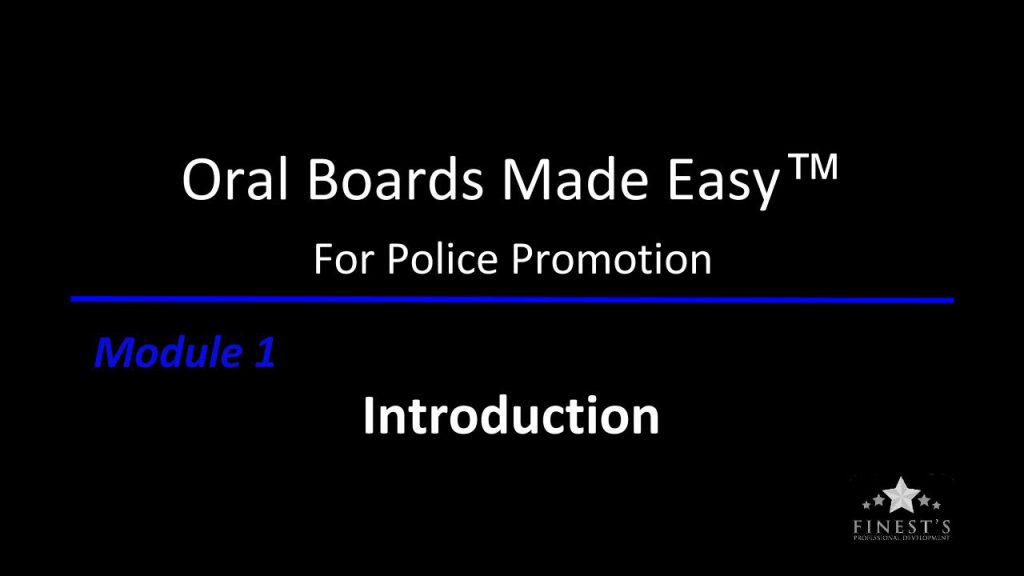Police Lieutenant Interview Question:
Which employee rights would you address if you were conducting a disciplinary interview?
Among police lieutenant interview questions, it’s important to know the Weingarten, Garrity and Loundermill rulings.
As a lieutenant you are stepping into management, albeit in many agencies, mid-management. The biggest shift is in the area of administrative tasks for which you will be responsible.
In order to be responsible for such tasks, you should know the rules surrounding those tasks.
You do not have to read too many articles on police discipline to find instances in which the discipline was overturned. Too often this happens for technical errors made at some point in the disciplinary process. Such errors are not only embarrassing, they are also problematic with regards to morale and performance.
Discipline is designed to be a tool to assure professionalism and accountability. When it is not working right, both of those areas may suffer.
As a lieutenant candidate you should know the three prominent rules pertaining to discipline, commonly referred to as Weingarten, Garrity, and Loudermill.
“If you are looking for a well designed assessment / oral interview study program this is the one. The program is very reasonably priced, so don’t risk your career watching free videos or just reading articles on line. If you’re serious about getting promoted, invest in your career and use The Oral Boards Made Easy program. It will help you get promoted.”
-Promoted to Lieutenant in Massachusetts
ANSWER TRANSCRIPT:
Weingarten, Garrity, & Loudermill Rights
“Over the years, the courts have extended protections to public employees due to the property interests that are implied in many, but not all, law enforcement agencies. Because the agency in which I work does fall under such court-ordered protections, as a lieutenant conducting a disciplinary interview I will assure that the rights extended under the Weingarten decision and Garrity Decision are afforded to the affected personnel; I will also recommend that the protections defined under the Loudermill decision are applied if warranted by a decision to terminate the employee.
With regards to Weingarten rights, if a unionized employee is going to be interviewed for a work-related violation that may result in discipline, that employee may request a union representative be present during the interview. Some details that I will keep in mind are: that the representative must have a connection to the union, that a reasonable amount of time must be allowed for the representative to appear and confer with the employee, and that the union representative may not interfered with the interview, but may engage to clarify and assist the employee.
Garrity rights will be in effect if the employee is compelled to answer questions during the interview. By compelled, I mean that there will be a likely negative consequence, such as additional discipline, if the employee does not answer investigatory questions. If the employee’s conduct had the potential to be criminal, a distinction must be made that the compelled testimony will not be used against the employee in criminal proceedings. I would recommend that a separate team of investigators conduct the criminal investigation independent from the administrative investigation so as to preserve the employee’s right against self-incrimination.
Lastly, if the investigation results in a discipline recommendation of termination, the employee is entitled to due process before such termination may take place. In this case, the protections commonly referred to as Loudermill will be in play and consist of providing the employee with notice of the charges and evidence against them as well as the potential for termination. Additionally, a pre-termination hearing must be held where the employee is allowed the opportunity to defend themself and make arguments against termination.
As a lieutenant I will have a responsibility to be fair and law abiding when confronting individuals who have violated workplace rules and are facing discipline. I will keep myself current regarding these rules and assure that they are understood by the supervisors and investigators under my command.
And those are the main workplace rules, in addition to our union contract and agency personnel rules, that I will assure are applied in disciplinary investigations.”







